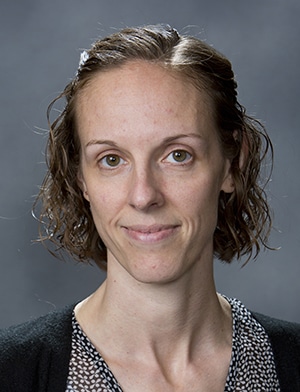
Indeed, I cannot read these lines from Isaiah without the music of Handel’s “Messiah” playing in my mind!
But we do not get to hear these words spoken out loud this Sunday. Perhaps this is because Matthew cites the beginning of our reading from Isaiah word for word in his Gospel: “Land of Zebulun and land of Naphtali, / the way to the sea, beyond the Jordan, / Galilee of the Gentiles, / the people who sit in darkness have seen a great light, / on those dwelling in a land overshadowed by death / light has arisen.”
| January 22 – Third Sunday in Ordinary Time |
|---|
|
Is 8:23–9:3 |
These words of Isaiah are then juxtaposed by Matthew with Christ’s words: “Repent, for the kingdom of heaven is at hand.“
And so we do hear about Isaiah’s wondrous child, just not word for word! In fact, with Matthew’s guidance, we hear “from” Isaiah’s wondrous child. Matthew understood Isaiah’s reference to a child born, a Marvelous Counselor and Prince of Peace, as a prophecy of Christ. In this way, Matthew offers us an interpretation of Isaiah’s prophecy: Jesus is this wondrous child, born to dispel our darkness and gloom. Understanding who this “great light” is, Matthew will also offer us an interpretation of our “darkness and gloom.”
But first, let’s return again to Isaiah. The dispelling of darkness is a major theme throughout Isaiah. Ultimately, it prophesies our salvation in Christ. But, in Isaiah 8 and 9 this Sunday, the darkness also refers to the situation of Israel when Isaiah was prophesying. Israel was in a “land of gloom” because they were oppressed under foreign nations. To Israel, then, the Prince of Peace would bring the “light” of freedom. And with it, this Prince of Peace would bring joy and abundant rejoicing.
We are thereby given an image of the darkness and gloom that Christ, as Prince of Peace, dispels. This “darkness” “rules” wherever sin casts its shadows, wounding the love that is our very “vital principle” (Catechism of the Catholic Church, No. 1856), overshadowing and oppressing us. For Matthew, sin and the “land of gloom” are thus synonymous.
The only Light who can dispel the darkness of sin in our own hearts is Christ. He dispels this darkness by entering the “land of gloom” that our hearts have become: a child has been born for us… repent, for the kingdom of heaven is at hand.
Thus, as Isaiah prophesied, a new rule has come: light has arisen!
But this Prince of Peace asks us for something. He asks for our repentance, for “a return … to God with all our heart” (Catechism, No. 1431). Why? Because recognizing our sinfulness is our first movement back toward God; it “is the beginning of all growth in holiness” (St. Thérèse of Lisieux). Indeed, our growth in holiness can only be carried out by belonging to Christ, and participating in his “economy of glory.” The economy of glory is, so to speak, an economy of light, of luminous love, shown forth not only upon us and within our “gloomy” hearts by Christ, but even then amongst us. The kingdom of heaven is at hand. Thus, Christ also asks us not to forget the “land of gloom,” so as to help dispel it in the hearts of others. As St. Oscar Romero once said, “There are many things that can only be seen through eyes that have cried,” especially, perhaps, the Light of Christ in the very moment it dispels our darkness.
Catherine Cavadini, Ph.D., is the assistant chair of the University of Notre Dame’s Department of Theology and director of its master’s program in theology.





